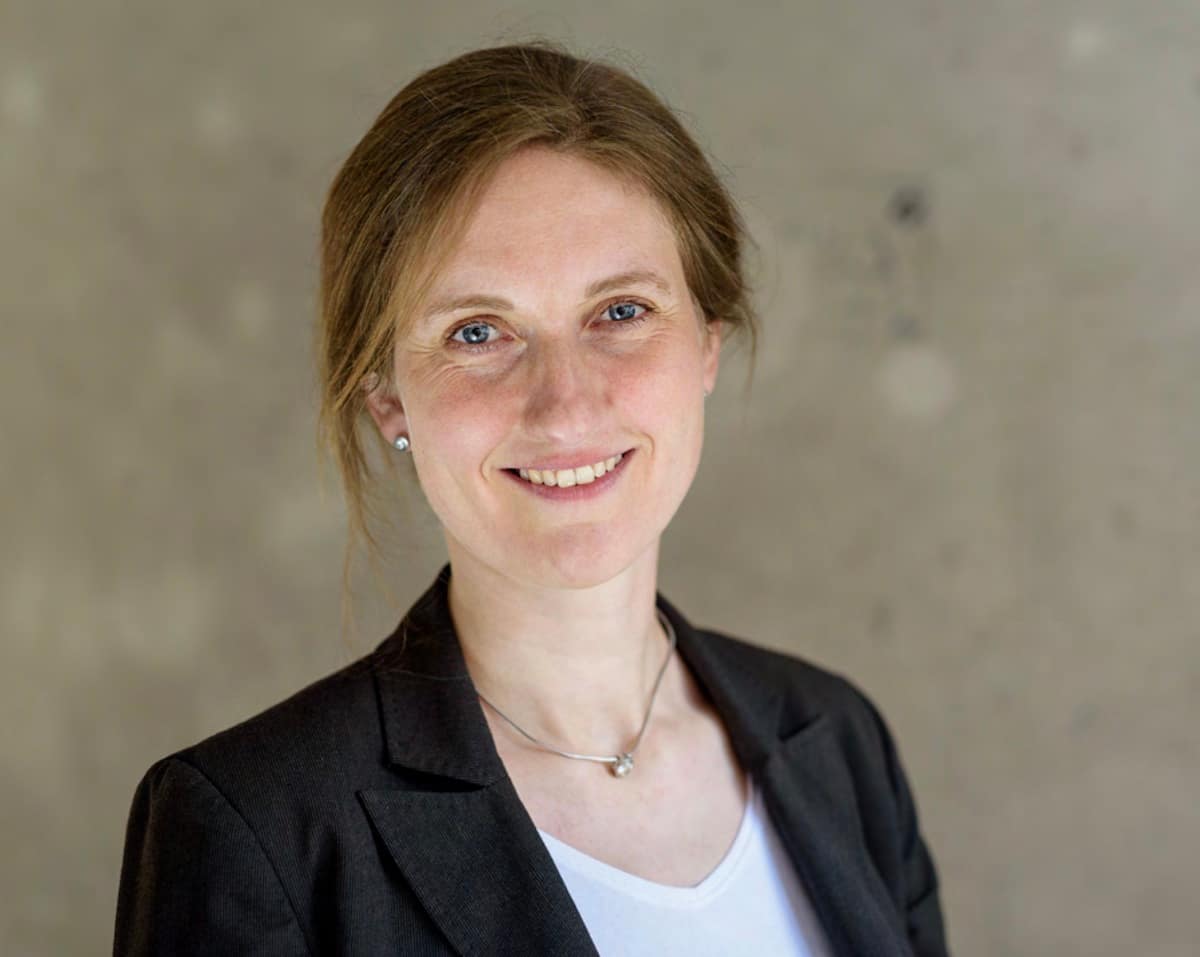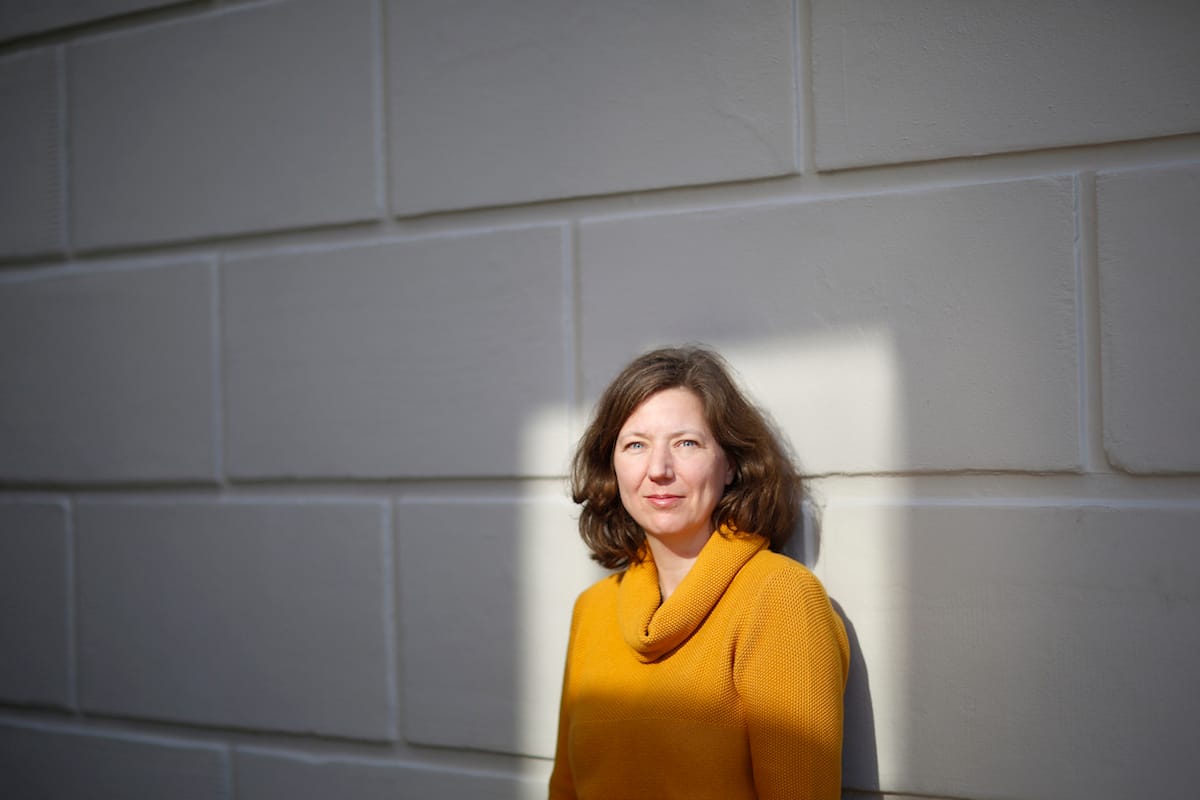This blog post by Tamara Lühr is about the impact of language on gender inequality. Discussing terms such as male bias and androcentrism, she portrays how gendered language shapes our understanding of gender roles. Possible solutions and linguistic alternatives are proposed as a call for change.
Every quarter, we share articles published in the BCN Newsletter and we are happy today to share an interview with Merel Keijzer on language learning. The interview was conducted and written by Kavya Prasad, a PhD candidate in molecular imaging and neuroscience at the UMCG. Merel Keijzer is a professor of English linguistics and […]
From February 2019 onwards, Hanneke Leeuwestein will start with her PhD project (funded by the National Initiative for Education Research/Nationaal Regieorgaan Onderwijsonderzoek/NRO). The goal of this project is to study if a new lesson package for learning Dutch as a second language, aimed at young refugee students, is effective. We will also investigate how children’s […]
Why do some words have more power than others? And why do we sometimes feel meanings, instead of just thinking them? Here, dr Jeremy Burman reflects on the meaning of “I love you” as a way to wrestle with these questions.
Every quarter, we share articles published in the BCN Newsletter and we are happy today to share an interview with Dr. Simone Sprenger, Assistant Professor at the Faculty of Arts, who studies language perception and bilingualism. The interview was conducted and written by Améie la Roi, PhD candidate in linguistics.
Every quarter, we share articles published in the BCN Newsletter and we are happy today to share an interview with Dr. Hanneke Loerts, lecturer at the Faculty of Arts, who uses eye-tracking, electrophysiological, and behaviour methods to study language acquisition. The interview was conducted and written by Annelot de Rechteren van Hemert.
The language that is used to verbalize thoughts about scientific concepts is more complex and sophisticated than the language we use in our daily conversations. Science and technology lessons provide excellent opportunities for children to be introduced to this sophisticated form of language, whereby teachers play a crucial role.







